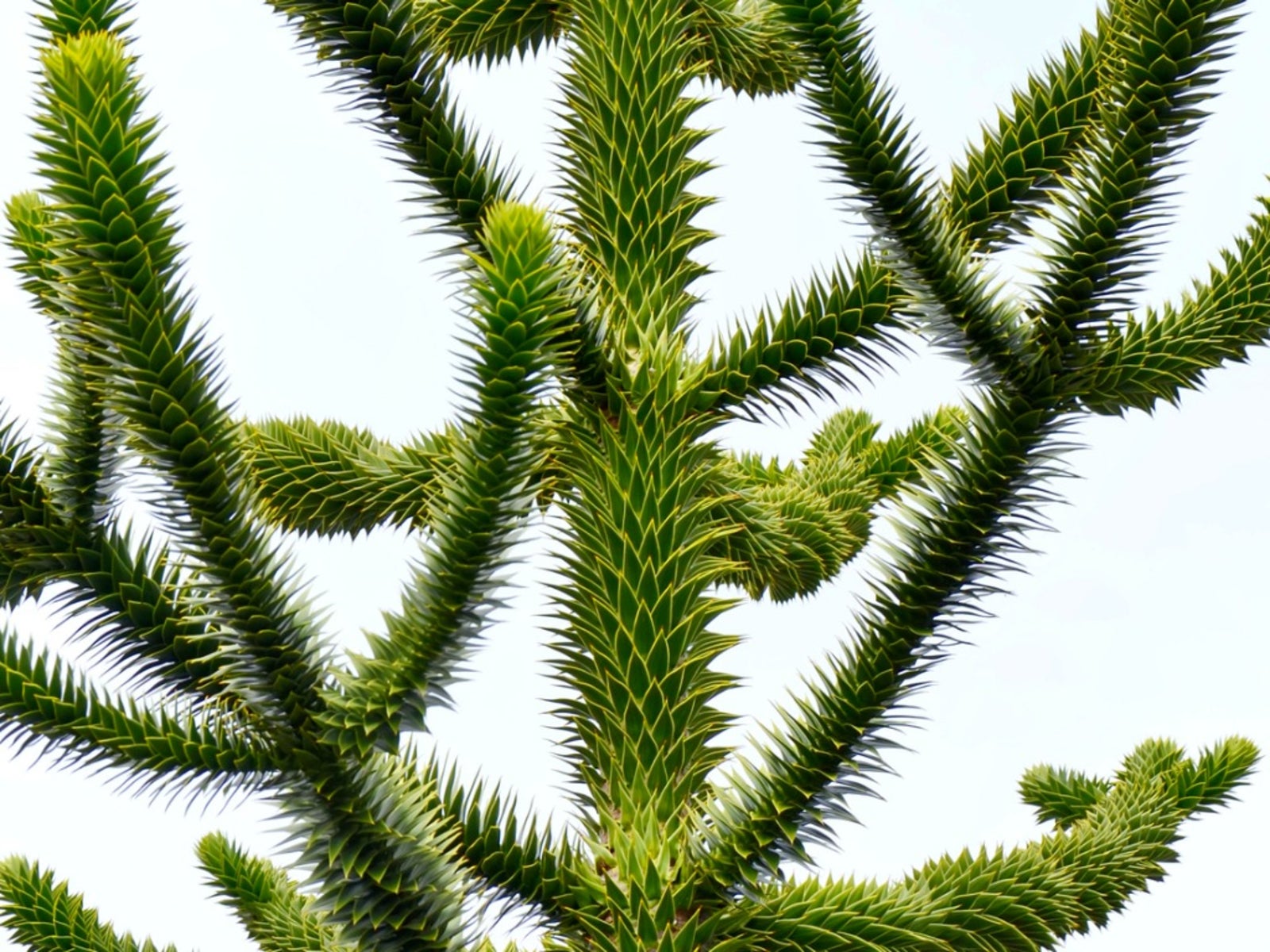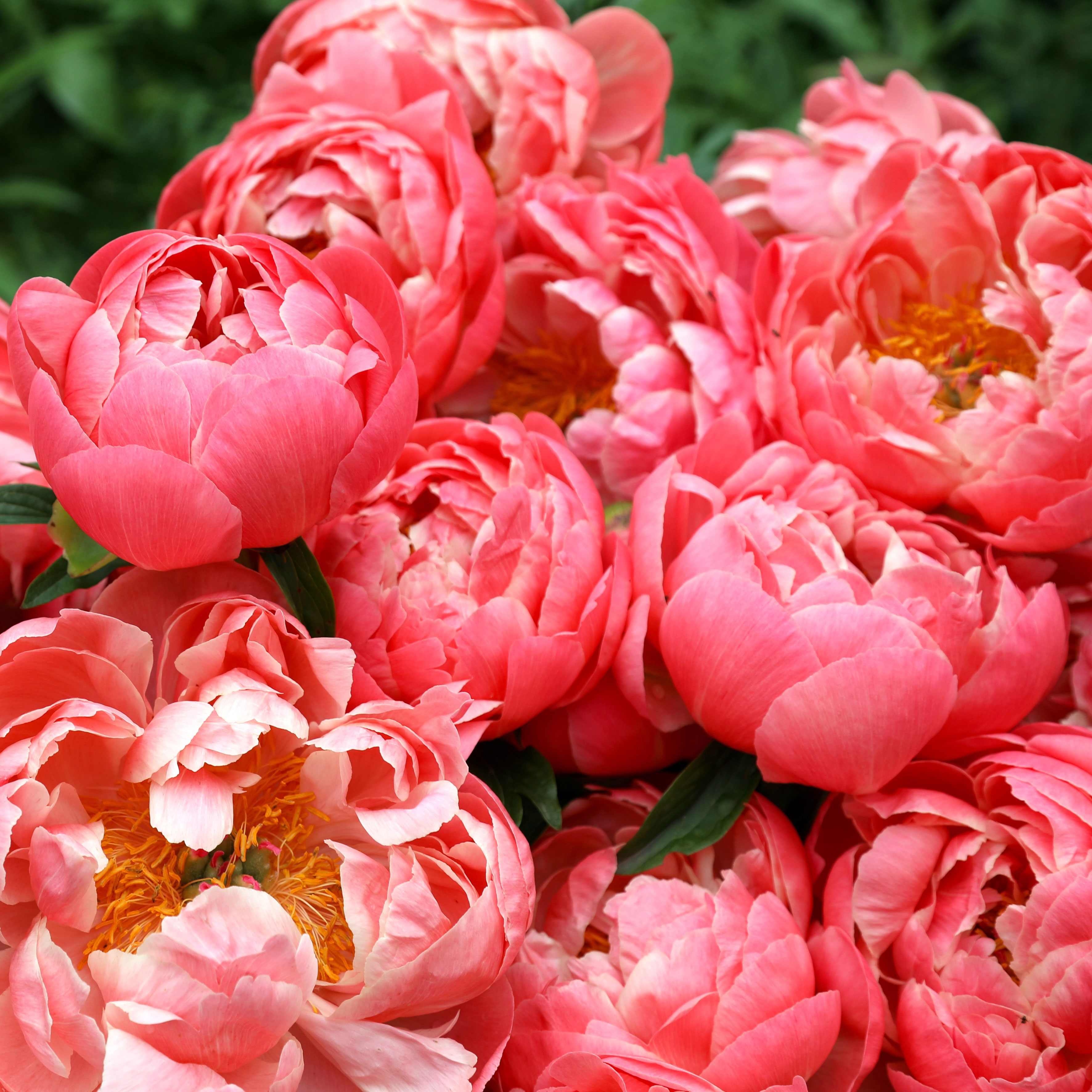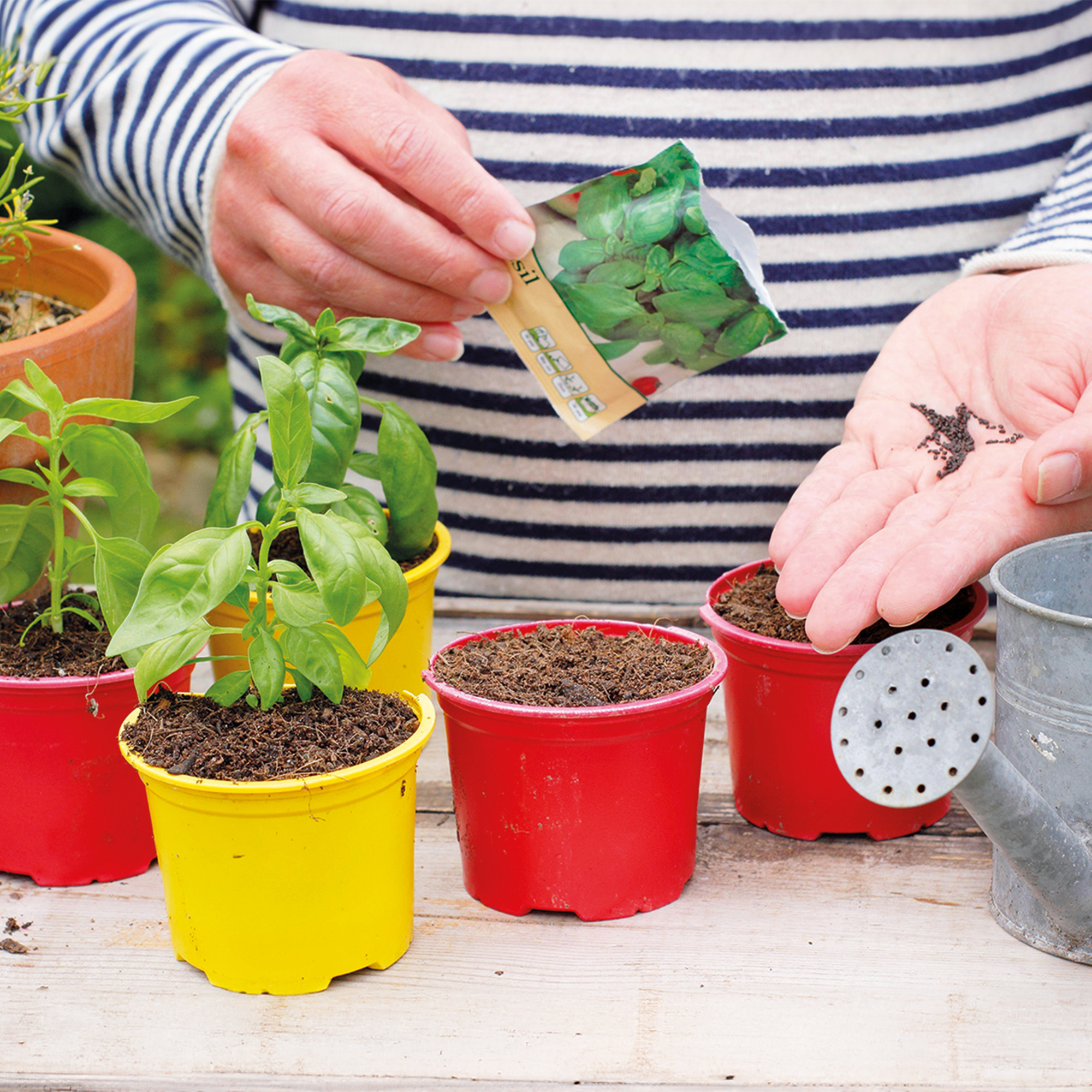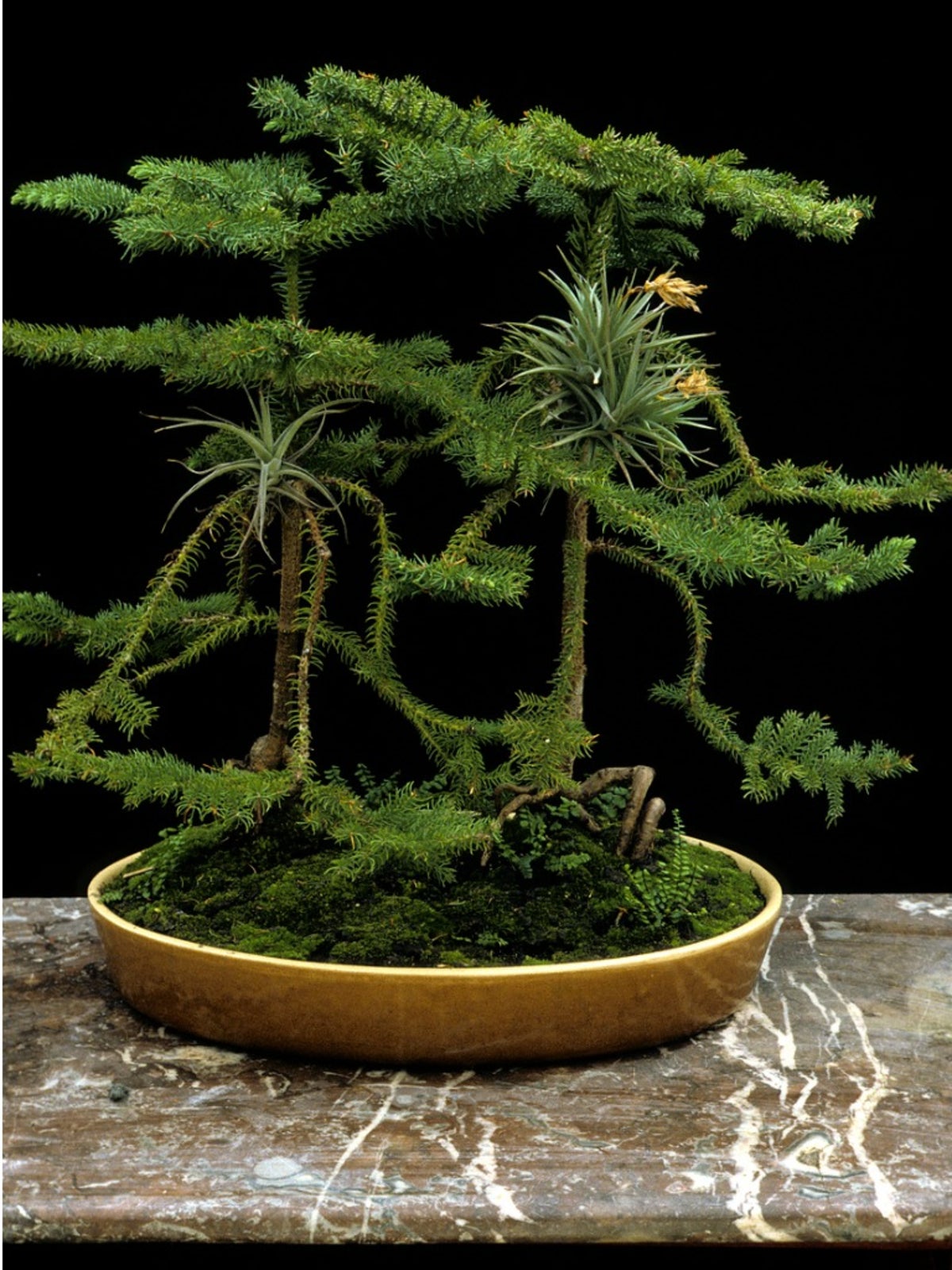Monkey Puzzle Tree Info: Tips For Growing A Monkey Puzzle Outdoors


Monkey puzzle trees are unmatched for the drama, height, and sheer fun they bring to the landscape. Monkey puzzle trees in the landscape are a unique and bizarre addition, with towering height and unusual arching stems. This South American native is suitable for USDA zones 7 to 11 and is often planted as a curiosity. Providing cool, moist conditions is essential for outdoor monkey puzzle care, but at heart, this is a tropical plant. It can be grown indoors in cool climates but warm to temperate region gardeners who want a big statement and a strange focal point plant should try growing a monkey puzzle outdoors.
Monkey Puzzle Tree Info
Monkey puzzle tree has to be seen from a bit of a distance to really be appreciated. When young, the plants look like something from the dinosaur age and that impression doubles as the trees reach their full mature size.
Cold region gardeners should not try growing a monkey puzzle outdoors, but potted plants can be tried in the home interior. The plant really flourishes in temperate zones where it can receive the cooler temperatures it craves and plenty of rainfall. Some tips on caring for monkey puzzle trees will assure a happy and healthy plant.
Monkey puzzles are evergreen trees with sparsely spaced limbs adorned with stiff, armored scales. The plant's fruit is a cone and depending upon whether it is male or female, these can measure 3 to 12 inches long (8-31 cm.). The tree itself can grow 70 feet at maturity (21.5 m.) with a nice pyramid shape.
Some monkey puzzle tree info states the name comes from the intricate arrangement of branches and whirled leaves, which might "puzzle a monkey." Others say the name is because the branches resemble monkey tails. However it came about, this is a really spectacular tree in terms of appearance. Monkey puzzle trees in the landscape provide the "wow" factor that gardeners often seek.
Monkey Puzzles in the Garden
Monkey puzzle trees need plenty of room and should not be sited near a power line. The plant prefers full sun and well-drained soil. It is very resilient and adaptable to almost any type of soil, even clay, provided it is moist. Young plants need consistent supplemental moisture.
Mature plants are resistant to breakage and even short periods of drought once established. Newly installed outdoor monkey puzzle care should see the plant trained to grow straight. It will naturally develop one trunk which needs to be vertical and strong. Monkey puzzle trees need little supplemental care once established, provided they receive plenty of moisture.
Gardening tips, videos, info and more delivered right to your inbox!
Sign up for the Gardening Know How newsletter today and receive a free copy of our e-book "How to Grow Delicious Tomatoes".
Caring for Monkey Puzzle Trees
Monkey puzzles have few pest or disease issues. The tiny scale insects are sometimes issues of concern, as they sap fluids from the tree. Sooty mold may also occur as a result of honeydew from some insect pests.
Overall, however, these plants are remarkably resilient, many having lived over 1,000 years. They seem to have a natural pest resistance and even borers don't bother them. In their native country, this plant has been logged to the brink of extinction. They are now protected and the wild populations are back on the upswing. Don't miss a chance to bring an exotic piece of South America into your home landscape.

Bonnie Grant is a professional landscaper with a Certification in Urban Gardening. She has been gardening and writing for 15 years. A former professional chef, she has a passion for edible landscaping.
-
 ‘Coral Charm’ Peony Care For Sublime Semi-Double Peonies With Lush Salmon Pink Flowers
‘Coral Charm’ Peony Care For Sublime Semi-Double Peonies With Lush Salmon Pink FlowersPeonies are known for their soft baby pink or magenta tones, but if plushy coral blooms are your thing, here’s our guide to the ultimate ‘Coral Charm’ peony care
By Tonya Barnett
-
 How To Grow Seeds Quickly: 8 Expert Tricks For Fast Flowers & Crops
How To Grow Seeds Quickly: 8 Expert Tricks For Fast Flowers & CropsIt's never too late to start growing! Jump-start your flower or vegetable garden with these pro tips and tricks for germinating seeds in record time.
By Amy Grant
